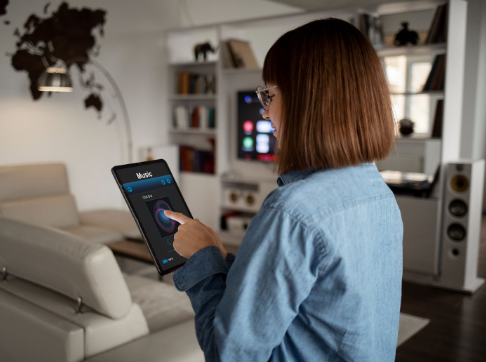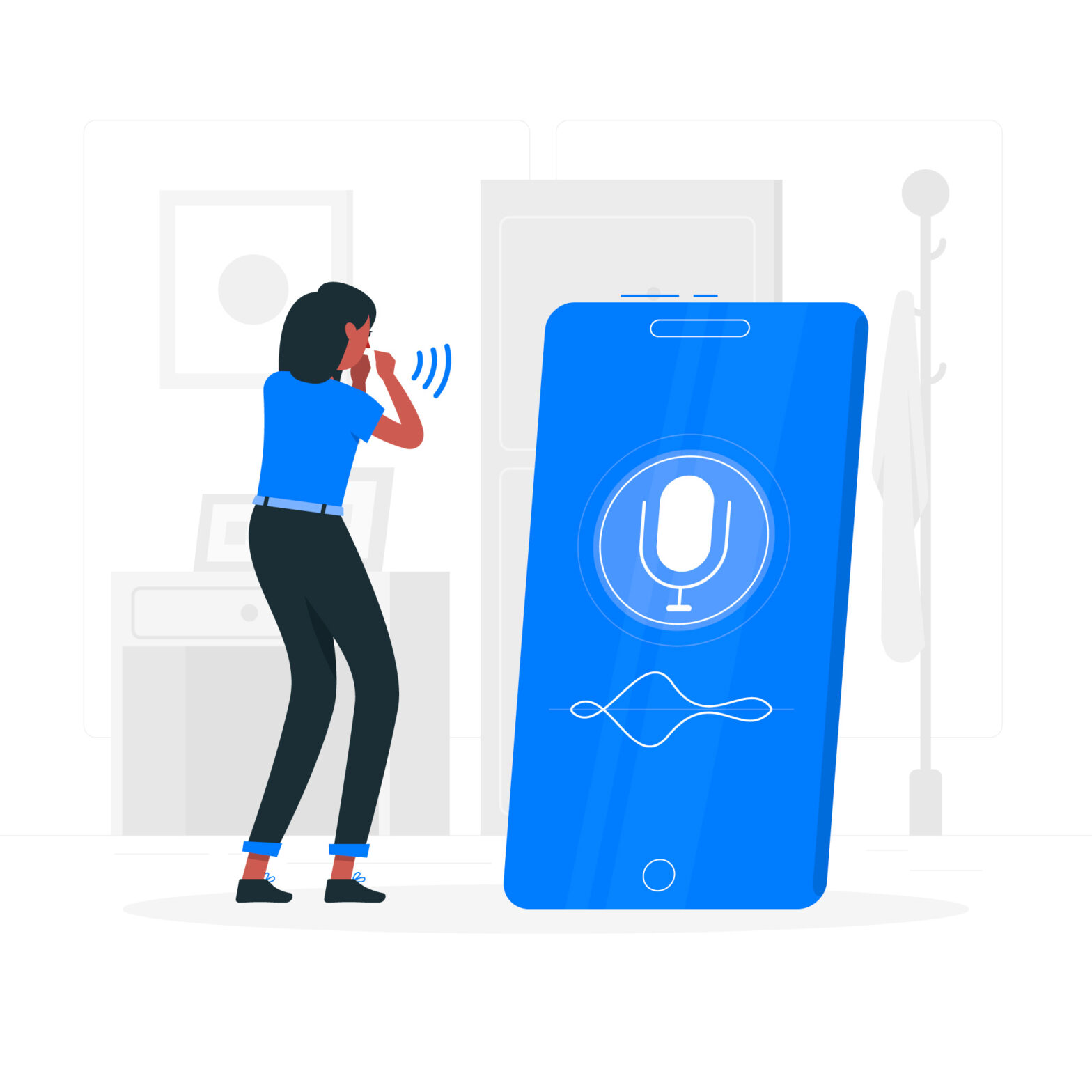Voice recognition has advanced from interpreting just numbers to being used across various industries and devices. A voice assistant market worth $31.82 billion is expected by 2025. Voice-controlled devices in smart homes and the integration of artificial intelligence are revolutionizing automation and personalizing experiences.
Voice Recognition Takes Smart Homes to the Next Level




